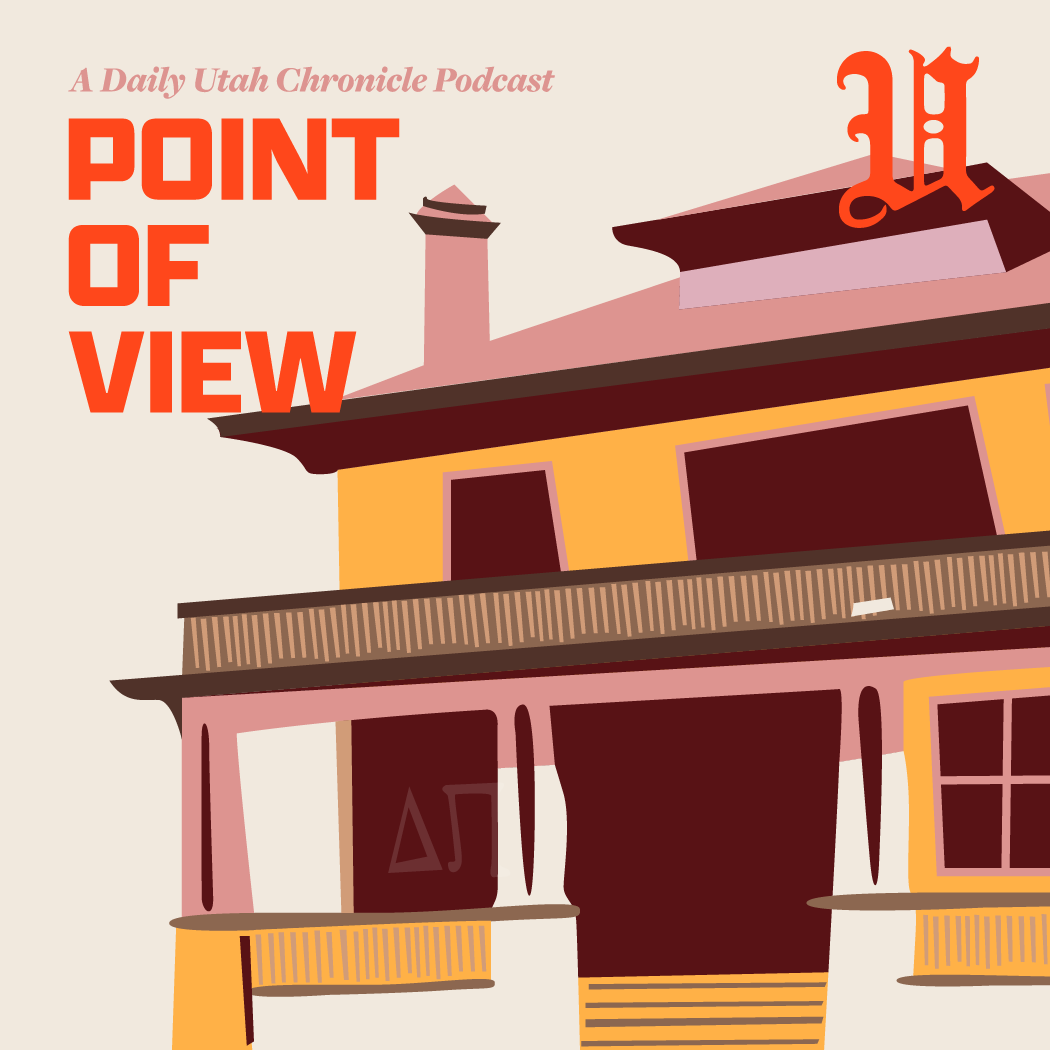The growth of neoconservatism during the ’90s and early 21st century might have been a motive for the United States to start the war in Iraq, suggested history professor Peter von Sivers.
Von Sivers spoke at the second lecture of the Middle East Mosaic series Tuesday night, which was hosted by the Middle East Center and the I.J. and Jeanné Wagner Jewish Community Center.
Von Sivers said the neocons, who follow a political philosophy in the United States that encourages intervention into states to defend national interests, had a strong interest in the Middle East and getting rid of Saddam Hussein since the ’70s.
“The national interests are, one, defense of territory; two, defense of allies; three, defense of lines of communication; four, defense of human rights in regional conflicts; and five, defense of human rights in failing states,” he said.
The neocons use those national interests as a way to decide whether the United States should intervene, von Sivers said.
Nancy Thorup, a member of the Jewish Community Center, took a world history class from von Sivers several years ago and said she loves the way he connects the dots in history.
“I’ve constantly wondered why we’ve gone to war against Iraq,” Thorup said. “After hearing Dr. von Sivers, it makes sense. It’s so much more important to understand why something happened instead of what happened.”
The United States used preemptive wars against Iraq before Iraq could attack the United States, said von Sivers.
He mentioned the genocide in Darfur as something that might be one of the national interests, but he did not go into details about any possible involvement of the United States in Darfur.
The situation in Afghanistan is different because the United States is so deeply involved that it can’t just leave, von Sivers said. “Good luck (President) Obama.”
Chris Leeson, a freshman in mass communication, said the war in Iraq has dragged on for too long. The war has been a good thing to start but we should’ve gotten out when we got rid of Saddam Hussein, Leeson said.
Von Sivers said that in December 2008, former President George W. Bush created a plan to have all troops out of Iraq by Dec. 31, 2011. From the beginning of 2009 until the end of 2011, the Iraqi government and military are running all military operations with the American troops working to serve them in an effort to transfer power in the country.
There are three more lectures in the Middle East Mosaic series. The is Thursday, Feb. 26 about the Women of Islam presented by Shireen Mahdavi, professor in history.
 Greg Harlow
Greg HarlowHistory professor Peter Von Sivers spoke about neoconservatism and the United States? motives for the war in Iraq Tuesday night as part of the Middle East Mosaic lecture series.















